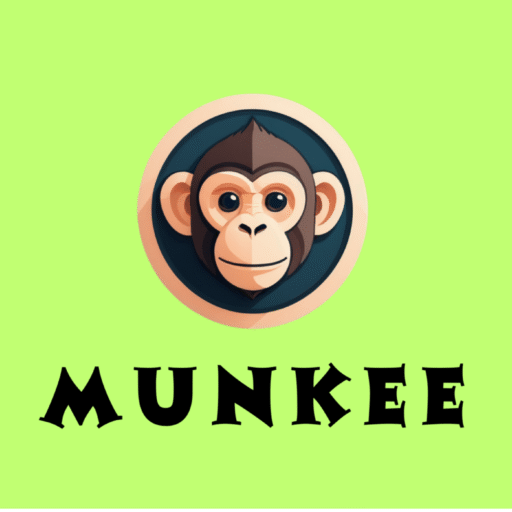In today’s fast-paced digital world, content marketing has become one of the most powerful strategies for attracting, engaging, and converting customers. Whether you’re a small business owner, startup founder, or a marketing professional, understanding the basics of content marketing is essential to your brand’s online success.
Let’s dive into what content marketing really means, why it matters, and how you can get started — with real-world examples to guide you.
✅ What Is Content Marketing?
Content marketing is a strategic marketing approach focused on creating and distributing valuable, relevant, and consistent content to attract and retain a clearly defined audience — and ultimately, to drive profitable customer action.
Unlike traditional advertising that pushes products directly, content marketing pulls people in by offering helpful and engaging information tailored to their interests or problems.
💡 Why Does Content Marketing Matter?
In a world saturated with ads, customers have become immune to hard-sell tactics. Instead, they seek authentic, informative, and entertaining content that helps them make better decisions.
Here’s why content marketing is important:
Boosts brand awareness
Builds trust and credibility
Drives website traffic
Improves SEO performance
Generates leads and sales
Nurtures long-term customer relationships
📊 Types of Content Used in Content Marketing
Content comes in many forms. The key is to use the right type at the right stage of the customer journey:
1. Blog Posts
Helps drive organic traffic through SEO
Provides value and insights
Example: HubSpot’s blog on lead generation techniques
2. Infographics
Visually appealing and easy to digest
Ideal for sharing on social media
Example: Neil Patel’s SEO infographic
3. Videos
Highly engaging and shareable
Increases time-on-site
Example: Nike’s inspirational brand videos
4. Ebooks & Whitepapers
Great for capturing leads
Offers in-depth knowledge
Example: Salesforce’s industry reports
5. Social Media Posts
Widens reach and increases engagement
Drives traffic to your main content
Example: Starbucks’ seasonal campaigns on Instagram
6. Podcasts
Builds thought leadership
Reaches audiences on-the-go
Example: The GaryVee Audio Experience
🔁 The Content Marketing Funnel
Your content strategy should align with each stage of the sales funnel:
| Funnel Stage | Objective | Content Type |
|---|---|---|
| Awareness | Attract traffic | Blog posts, videos, social posts |
| Consideration | Educate & nurture | Ebooks, webinars, case studies |
| Decision | Drive conversion | Product demos, testimonials, comparisons |
🛠️ Tools to Get Started
Here are some beginner-friendly tools to make your content marketing easier:
Canva – Design graphics and infographics
Grammarly – Polish your writing
Google Keyword Planner – Find keywords to target
HubSpot CMS – Manage your blog and content
Buffer/Hootsuite – Schedule and monitor social content
✅ Real-World Examples of Great Content Marketing
1. Coca-Cola’s “Share a Coke” Campaign
A brilliant mix of personalization and user-generated content, where customers found their names on bottles and shared them online.
2. American Express’s OPEN Forum
A resourceful blog that offers financial and marketing advice for small businesses, positioning AmEx as a helpful brand.
3. Zomato’s Witty Social Media Posts
Clever, humorous, and super shareable content that resonates with the Indian audience.
📌 Getting Started: Content Marketing Tips for Beginners
Know Your Audience – Define your buyer personas clearly.
Set Clear Goals – Traffic, leads, or conversions?
Create a Content Calendar – Plan ahead to stay consistent.
Focus on Quality Over Quantity – One great post is better than five average ones.
Promote Your Content – Share on social media, newsletters, and communities.
Track Performance – Use Google Analytics or other tools to measure success.
📈 Conclusion
Content marketing is not a one-time effort — it’s a long-term strategy that builds trust, generates leads, and drives sales. By delivering consistent value to your audience through high-quality content, you’re not just marketing — you’re building relationships that last.
Whether you’re blogging, podcasting, or making Instagram reels, content marketing is the backbone of digital success in 2025 and beyond.
